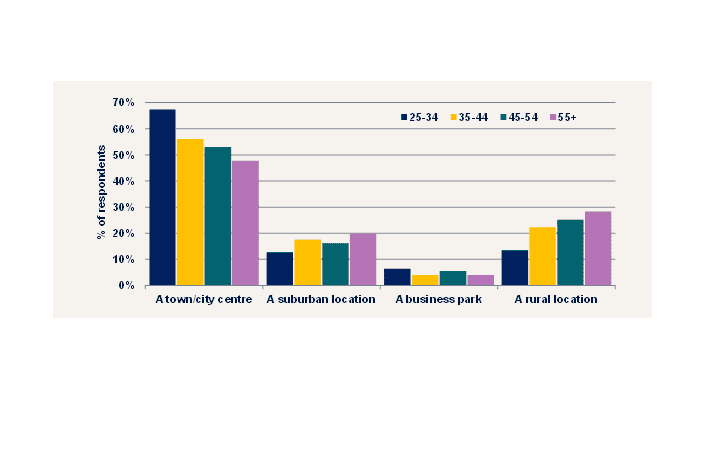Providing a facility for co-working might be an opportunity for rural estate and farm businesses who are at a loss to know what to do with that surplus workspace. We know from our Estate Benchmarking Survey that these businesses have been proactive in maximising their assets. This diversification dilutes reliance on farming – now only 37 per cent of gross income compared with almost half 16 years ago. The local economy also benefits through new employment opportunities created by the services/trades required for the renovation of property and new businesses occupying the new space.
What is co-working
Putting it simply, it is a place to work, network, meet clients and is a work style for individuals or businesses that do not require, now or possibly ever, conventional office space. In addition, co-working is a viable alternative to home working – more space than a spare bedroom and less distraction or more social interaction. It also works well for collaborative and innovative/creative working by providing the environment for like-minded individuals who are working remotely.
Who is it for?
It is perfect for freelancers, SMEs (small and medium-sized businesses) and remote workers. It may be of particular interest to older professionals who have established careers, are more affluent and have moved to the country. This is borne out by our latest research, illustrated in the table below.
.jpg)

.jpg)

.jpg)
.jpg)
.jpg)




